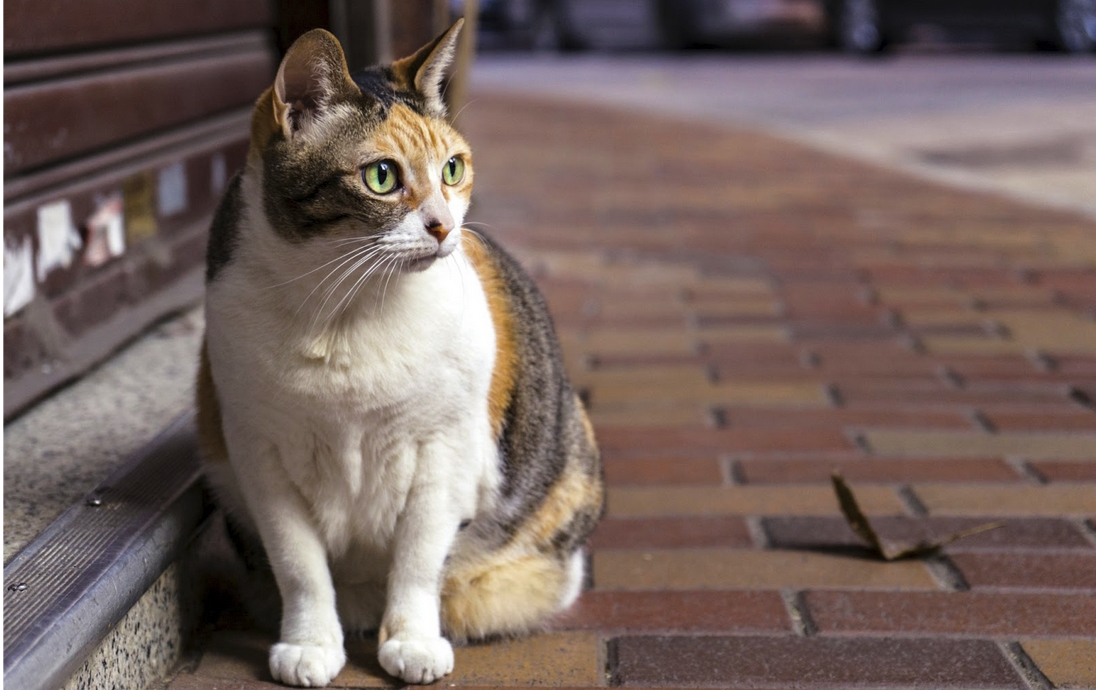Protecting Stray Cats in Your Community

Stray cats are a common sight in many neighbourhoods in Melbourne and all around Australia. These feline wanderers, often abandoned or born on the streets, struggle to survive in the harsh urban environment. Many of them face dangers such as traffic, disease, malnutrition, and even abuse from humans. However, there are ways you can help protect these vulnerable creatures and improve their lives.
In this article, we will explore various approaches and strategies that you can adopt to safeguard the well-being of stray cats in your community.
Stray Cats vs Feral Cats
Stray cats and feral cats are terms often used interchangeably, but they refer to two distinct categories of cats living without human companionship. Understanding the differences between them is crucial for addressing their unique needs and challenges.
Stray Cats:
Stray cats are domesticated cats that have been lost or abandoned by their owners or have wandered away from their homes. These cats have had prior experience living with humans and are typically more comfortable around people. They may approach humans for food or affection, and they often retain some level of socialisation.
Stray cats are more likely to be adoptable, as they can more easily adjust to living in a home environment again. They may need some time and patience to regain trust, but they generally have the potential to become loving pets.
Feral Cats:
Feral cats, on the other hand, are born and raised in the wild or have lived away from human contact for an extended period. They have little to no experience with humans and are often fearful or aggressive when approached. Feral cats typically avoid human interaction and may not make eye contact or respond to human voices.
Feral cats are usually not suitable for adoption, as they are more comfortable living independently outdoors. They have not been socialised with humans and may never fully adapt to living in a home environment.
Protecting Stray Cats in Your Community
Educate Yourself and Others
Knowledge is power, and educating yourself about the plight of stray cats is the first step in making a difference. Learn about the common issues that affect stray cats, such as diseases, parasites and injuries. Share this information with your neighbours and other members of your local community in Australia to raise awareness about the challenges faced by these animals.
By spreading knowledge, you will help foster empathy and compassion, which can encourage more people to take action to protect stray cats.
Support Local Animal Shelters and Rescue Organizations
Animal shelters and rescue organisations play a crucial role in protecting and caring for stray cats and dogs in Melbourne and around Australia. They provide medical care, food and shelter, and work to find permanent homes for these vulnerable animals.
By supporting these organisations financially or through volunteering, you can help them continue their essential work. Furthermore, adopting a cat or puppy from a shelter can save a life and make room for more animals in need of care.
Engage in Trap-Neuter-Return (TNR) Programs
Trap-Neuter-Return (TNR) or Trap-Neuter-Release is a humane and effective method of controlling the stray cat population. It involves capturing stray cats, neutering or spaying them, and then releasing them back into their original territories.
This process prevents the birth of unwanted kittens, reduces fighting and aggressive behaviour and ultimately leads to healthier cat communities.
Contact local shelters or animal welfare organisations in your area to learn more about TNR programs in your area and how you can get involved.
Provide Food and Water
Leaving out food and fresh water for stray cats can greatly improve their quality of life. However, it's essential to be responsible and consistent in your feeding practices.
Make sure to provide a balanced diet consisting of quality wet and dry cat food while maintaining a regular feeding schedule. Additionally, ensure that the feeding location is safe and discreet to avoid attracting other animals or causing conflicts with neighbouring pets.
Offer Shelter
Stray cats are exposed to harsh weather conditions, such as extreme heat, cold and rain. Winter in particular can be deadly for stray cats who get caught out in the snow. Providing simple shelters can offer these vulnerable animals protection and comfort.
You can build a DIY cat shelter using readily available materials, like plastic storage containers or wooden crates, and dry insulating materials such as straw. Place the shelter in a quiet and secure location, ensuring it is elevated from the ground to avoid flooding and dampness.
Monitor and Provide Medical Care
Keep an eye on the health of the stray cats in your area. If you notice any signs of injury or illness, such as limping, sneezing or discharge from the eyes or nose, contact a local veterinarian or animal rescue organisation for assistance.
Some organisations offer low-cost or free veterinary services for stray cats, helping to ensure their well-being and prevent the spread of communicable diseases.
Advocate for Stray Cats in Your Community
Raise your voice for stray cats by advocating for their protection and care within your community. Attend local government meetings and encourage the implementation of humane policies for managing stray cat populations, such as TNR programs.
Collaborate with neighbours and community groups to create a supportive network for stray cats and promote responsible pet ownership, including spaying and neutering pets.
Conclusion
Stray cats are a vulnerable population that needs our help and support to thrive. By taking the steps outlined in this article, you can make a significant impact on the lives of these animals and create a more compassionate community.
Remember that every small action counts – you can create a safer and more nurturing environment for stray cats, ensuring that they receive the care and protection they deserve.













